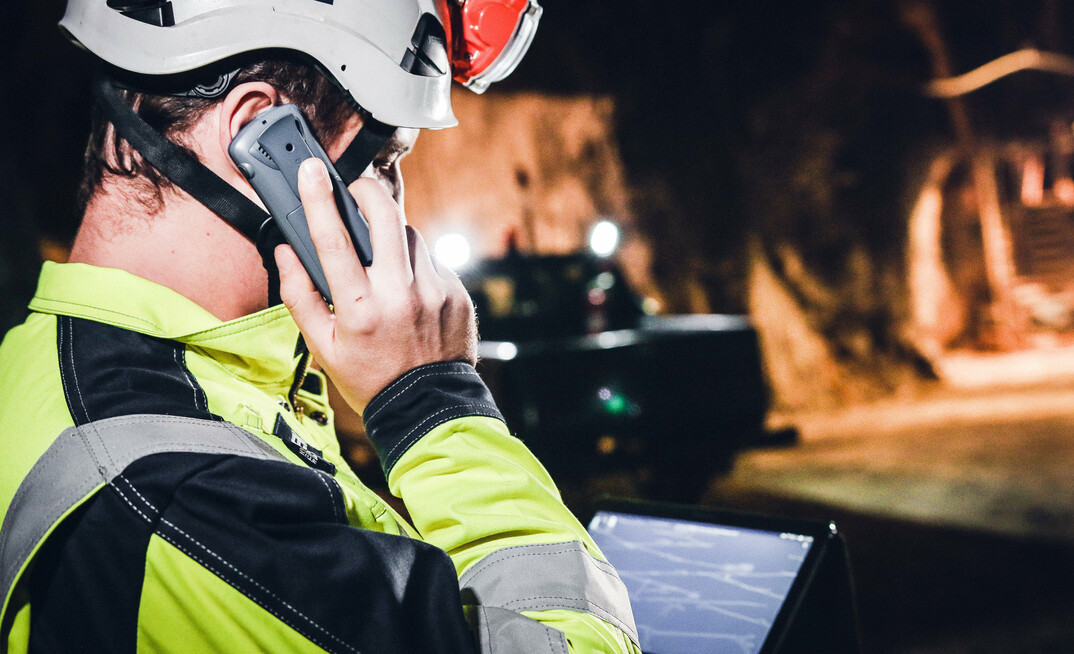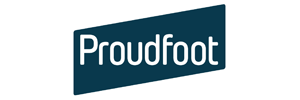But now a revolution in technology has finally reached the world of mining and extraction. Digital solutions and data platforms are changing how planning, decisions, and operations are managed.
As more and more companies integrate digital and data platforms into their operations, where should we look to find the next generation of improvements in our sector?
The answer is (still) people.
That doesn't mean the digital transformation is unimportant. Incorporating a digital operational platform lets a company turn data into information. It empowers people at all levels of the business to make informed decisions. It makes operations proactive rather than reactive, and lets workers devote more energy to strategic, systemic improvements rather than ‘fighting fires' and reacting to unexpected delays.
Digital innovation also helps the mining operators keep pace with evolving expectations within the sector. More than ever, major mining projects require a ‘social license' to operate. That means communicating with surrounding communities, and working with regional and national governments. When finance companies eye up the mining sector, they're thinking about site safety, ecological protection, and community responsibility as well as the potential return on their investment.
To meet these expectations, mine operators absolutely need to develop and implement a digital operational platform. They have to integrate operational technology with information technology, build industry partnerships, and take advantage of
The future of mining is (still) people
emerging technologies. Those who embrace these fundamentals find a path to being successful leaders in a changing world. Those who do not, lag further and further behind.
What can digital do for me?
Mining is an inherently complex, high-stakes proposition. A bad logistical call can create delays that cost millions of dollars per day. More catastrophic missteps can cost lives, poison a river, or devastate a community.
Data-driven technologies are built to deal with exactly this kind of complexity and risk. They can reveal unexpected solutions and improvements to operational efficiency. They can identify dangers before they happen. And best of all, they shift complexity away from operations and into planning processes.
Data analytics, simulations, and other technologies are key to transforming operations. Better information means better planning, which leads to simpler execution, increased safety, higher productivity, improved performance, and stronger financial returns.
This transformation has actually been ongoing for at least a decade, starting with new control processes for machines and operational flows. Integrated,
digital operational platforms are the next step in creating centralised workflows and improving productivity and safety. They can dramatically reduce operational risk through monitoring and production optimisation.
A digital platform also allows real-time monitoring of operations, with a continuous flow of data, analysis, and statistics so that every decision is informed by the best and most current information. Immediate issues can be flagged and addressed, while systemic issues can be analysed down to the root causes for long-term fixes.
Attention to detail, and active change management are critical both to maintaining the momentum for change
Despite the staggering potential of these new tools, though, no technology is sufficient to transform a company on its own. An algorithm doesn't make decisions. A dataset never experiences a flash of insight. A computer does not take pride in an exemplary safety record.
The impact of these new technologies directly depends on the skills, dedication, and creativity of the people who deploy and use them. The true power of these digital tools is to help people do their jobs better.
That's why it is absolutely necessary to instil the ‘why' in the workplace culture: Why should managers and frontline workers embrace these new technologies? Why should they change how they've always done things? Why should they raise their expectations for themselves and their company?
When team members internalise the answers to these questions, it ensures that they will optimise the company's technological transformation.
How do you become a digital mine?
The principles of digital transformation are straightforward, but the journey is not always simple. It demands extensive planning up front, and requires full buy-in from employees at all levels of business. That means communication, education, coaching, mentoring, and more.
Attention to detail, and active change management are critical both to maintaining the momentum for change, and for sustaining it for the long term. It requires human engagement and management to optimise the synergies and value clusters created by digital, integrated operational platforms.
In the end, success depends on changing behaviour even more than changing technology - engage, enable, and energise people to participate in the transformation. Make sure they understand not just what the vision the company is working toward is, but why it matters. Let them see the benefits of that future state, and empower them to take ownership of the process. If people are left out of plans for digital transformation, the technology management teams invest in will never reach its full potential.
It's very easy to become enamored with the breathtaking capacity of new technologies. But that shouldn't blind management teams to the actual engine of transformation: the future of mining businesses - of any business - will continue to be people.
*Jon Wylie - President, global natural resources, Proudfoot. Jon has driven and led the natural resources practice for much of his 30-year career. Jon spends as much time as possible in a hands-on and client facing context, working at sites in Canada, Chile, Mongolia and Kazakhstan. His has specific expertise in behavioral change to improve operations.
Cay Mims - Managing director, natural resources, Americas, Proudfoot. Cay is a geologist by trade, a business development and delivery-side specialist with more than 20 years' experience across investment banking and mining and metals consulting. In her strategic role, she works directly with Proudfoot's leadership team to develop and align practice capabilities with client needs.
ABOUT THIS COMPANY
Proudfoot
We design, implement and accelerate operational and digital transformation through people. Realizing tomorrow's results, today.
HEAD OFFICE:
- 4th Floor, St Paul's House, 10 Warwick Lane, London EC4M 7BP, United Kingdom
- Tel: +1 470-548-6489
- Web: www.proudfoot.com
- Email: info@proudfoot.com



























